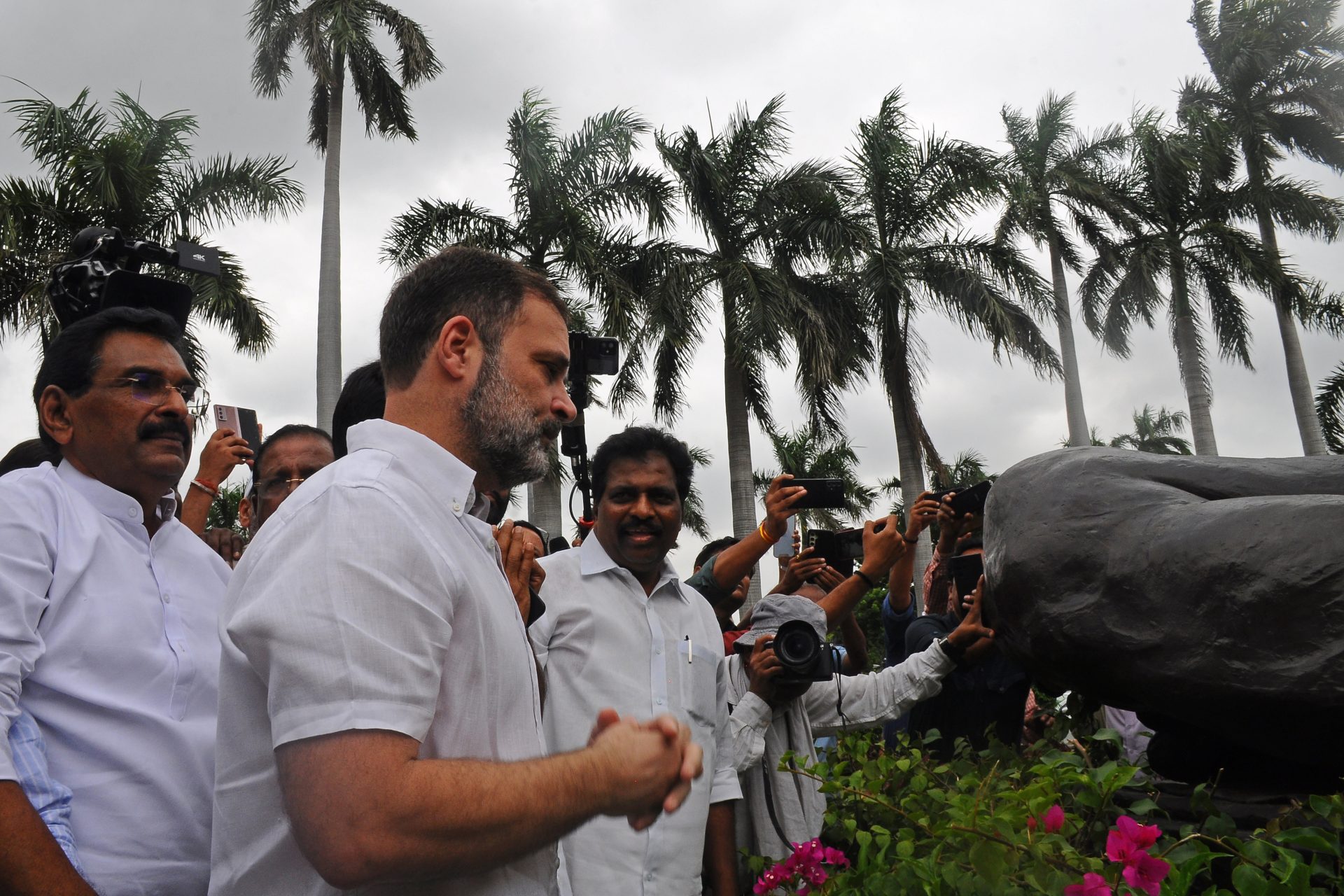The return of Congress leader Rahul Gandhi to the Indian Parliament, 135 days after his disqualification, reassured people’s faith in the Indian judiciary, according to some Christian intellectuals.
Gandhi, who represented Kerala’s Wayanad constituency in the Lok Sabha, was reinstated on August 7 after the Supreme Court stayed his conviction in a criminal defamation case.
Gandhi had been disqualified as a Lok Sabha member on March 24, a day after a Gujarat court convicted him and sentenced him to two years in jail.
Any punishment of two years or more automatically disqualified a lawmaker.
Father Cedric Prakash, a Jesuit social scientist, said that Gandhi’s reinstatement “was a step in the right direction,” while Father Stanislaus Alla, a moral theology professor in Delhi, believed the apex court’s action reassured that the Indian judiciary was committed to upholding laws rather than succumbing to pressures.
Father Alla explained that people became sad, frustrated, and angry when they saw justice denied, which allowed falsehood to prevail. He added that sacred books like the Bible and the Upanishads declared that ‘Truth’ alone should prevail, not falsehood.
Father Prakash pointed out that Gandhi’s conviction by various courts in Gujarat, his expulsion from parliament, and subsequent stay by the Supreme Court “highlighted important lessons that could impact the future of democracy in India”.
Capuchin Father Suresh Mathew, editor of the Indian Currents weekly, noted that few Indian politicians had been abused and lampooned as much as Gandhi. He said that when they abused him or called him “Pappu,” they revealed their desperation over his growing popularity, as seen during the Bharat Jodo Yatra (knit India march).
M.P. Raju, a senior Supreme Court advocate, believed that the stay of Gandhi’s conviction and his reinstatement to parliamentary membership brought a “silver lining among the dark clouds of supremacist weaponization of the legal system, including the adjudicatory processes”. However, he warned that such weaponization could induce undeserved complacency in the Indian polity.
Sister Jessy Kurian, a Supreme Court lawyer, viewed Gandhi’s return to parliament as a historic event in Indian democracy. She saw the staying of Gandhi’s conviction as “a legal victory and a political defeat” for his opponents.
Father Prakash, who is a staunch human rights activist, found that lower courts in India still exhibited biases and kowtowed to political influences. He said the system was vindictive and intolerant of different opinions and dissent.
He commended the Supreme Court for being largely impartial and just, serving as the last resort for justice. He suggested that the nation then looked to “young and energetic visionary leaders” like Gandhi.
Father Suresh said Gandhi had proven in the Supreme Court that the Surat judge’s decision to award him the maximum punishment in a defamation case was erroneous.
He said that his opponents had attempted to remove Gandhi from the political arena, leading to severe punishment and swift disqualification notice.
He argued that India needed Rahul and his “mohabbat ka dookan” (Shop of Love) amidst the hatred and violence propagated by religious bigots under the umbrella of Parivar.
Raju warned that the real threat to the rule of law might lie elsewhere than in the “Rahulian” conviction for “Modified” defamation. He questioned what would have happened if the apex court bench had judges similar to those in Gujarat courts who deviated from the Constitution and its moral compass.
He emphasized that unwavering vigilance, rather than blind faith in the judiciary, was crucial for protecting basic human rights and preserving hard-earned democracy.
Sister Kurian said that the apex court’s remarks about the Gujarat courts indicated a politically biased judgment. She concluded that the judiciary should remain above politics, and judgments should not be motivated by political biases.
Father Alla called on the Indian Church to recall Martin Luther King Jr.’s iconic phrase “the arc of the moral universe is long, but it bends toward justice” and work towards promoting Constitutional values that fostered the well-being of all.
This article was first published by Matters India. It was edited by the LiCAS.news editor to align with the newsroom’s reporting style.
